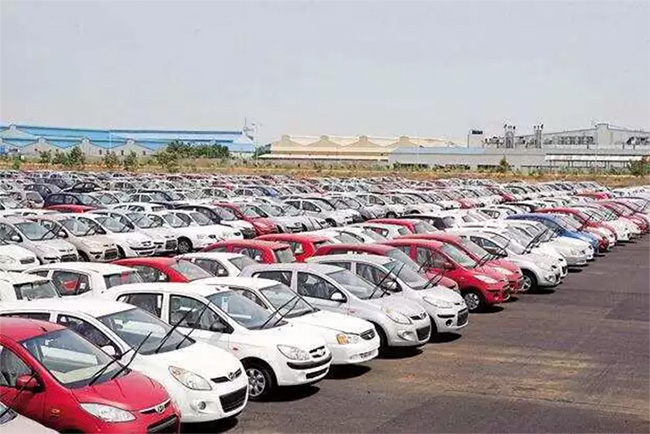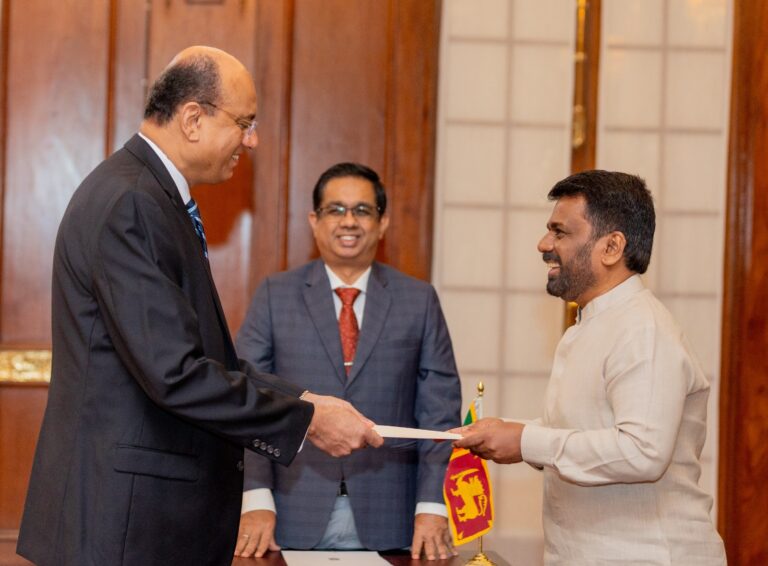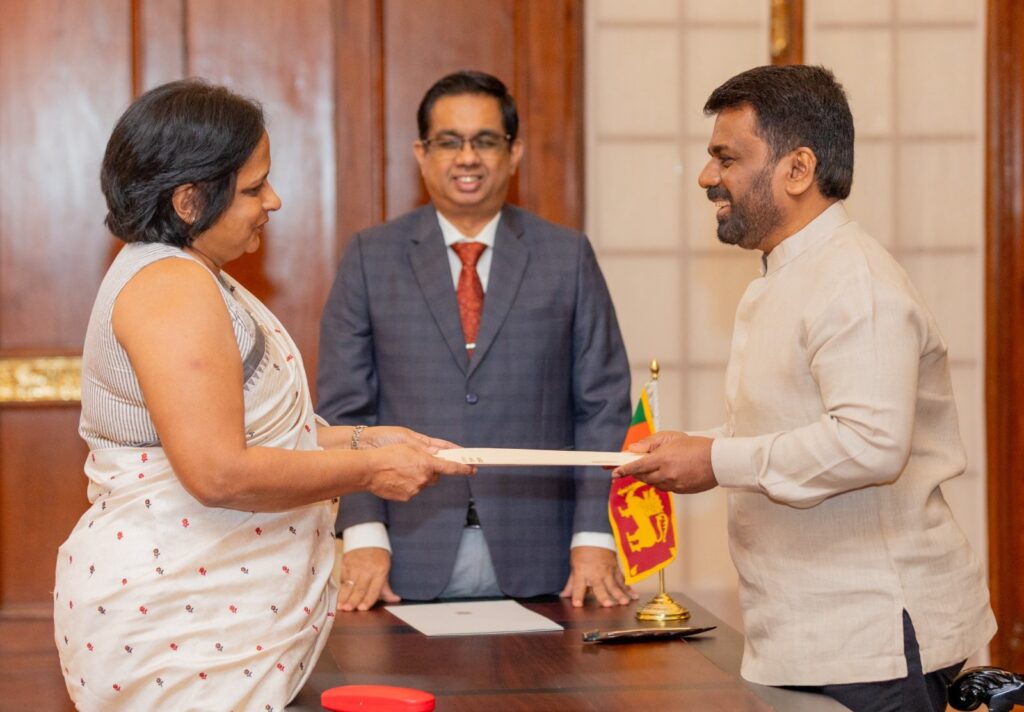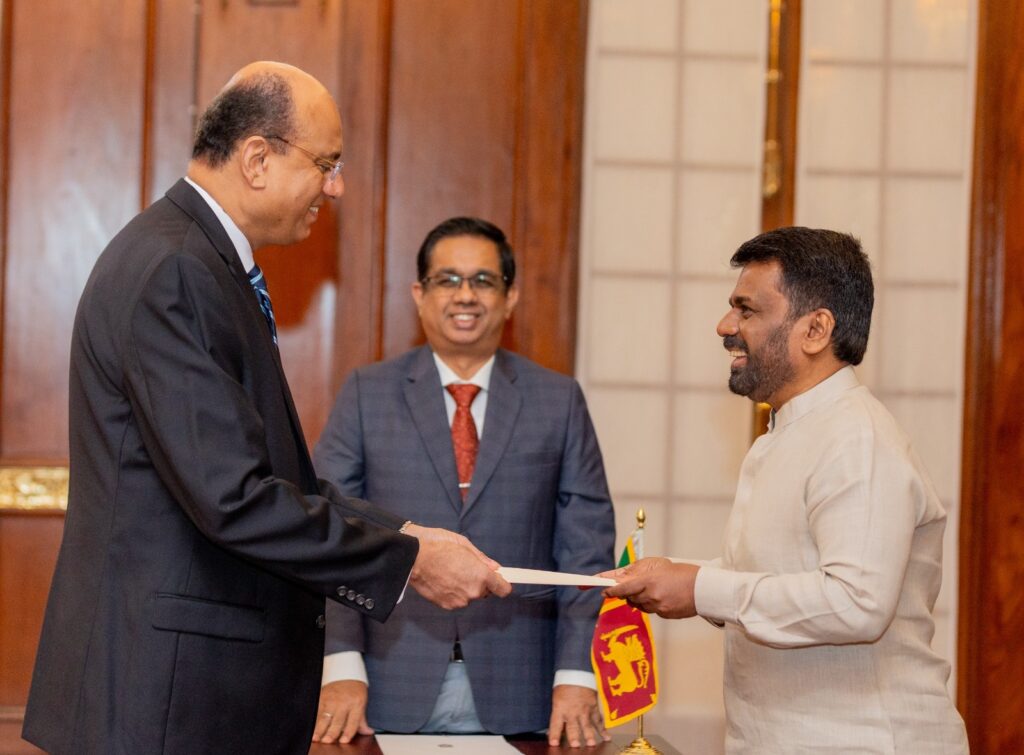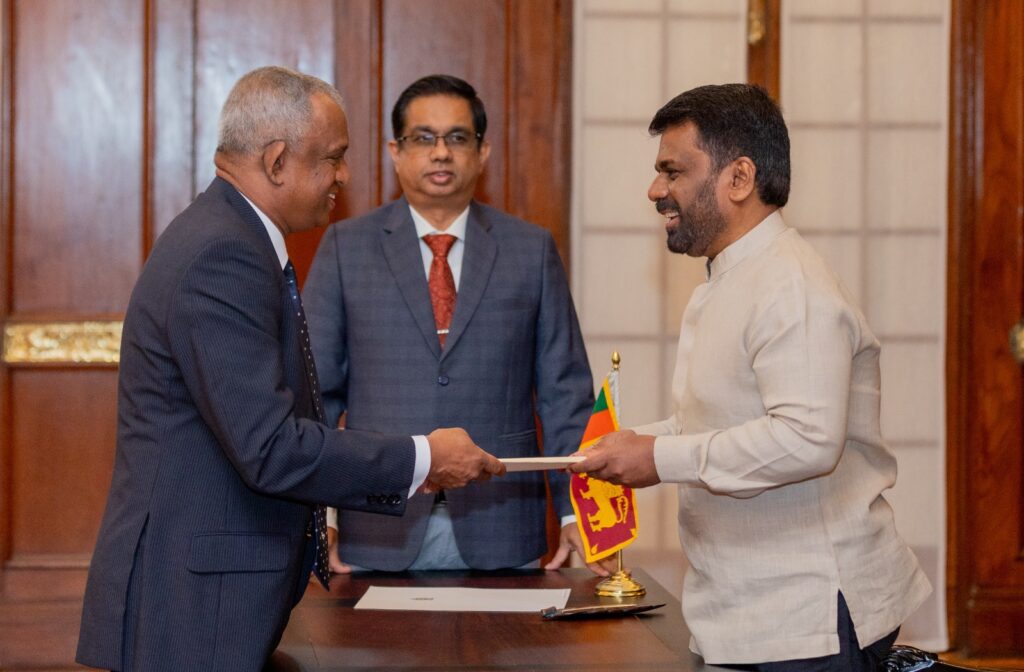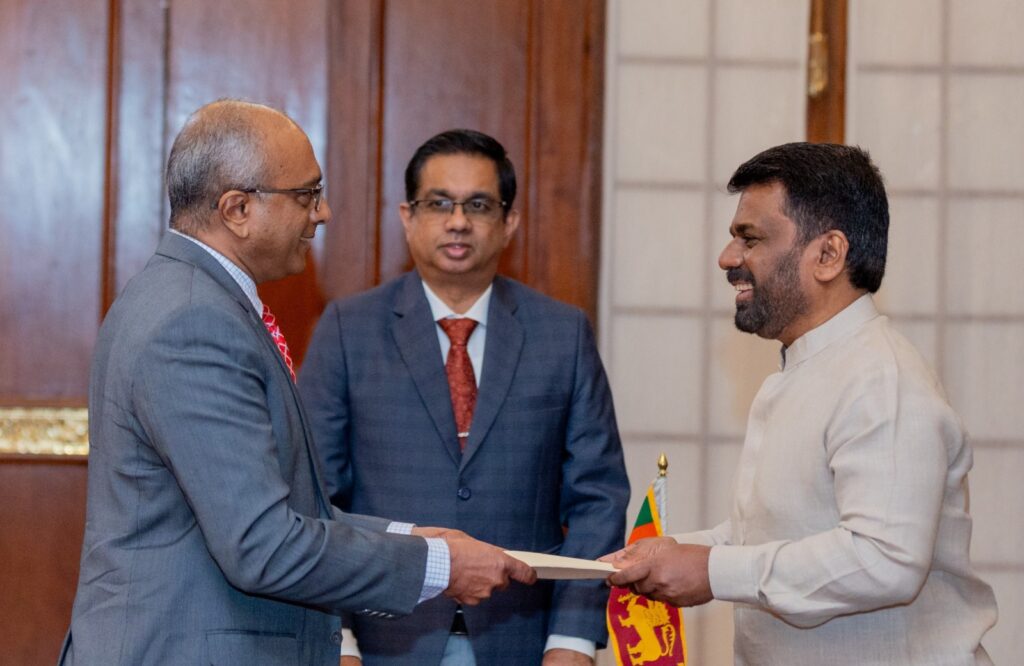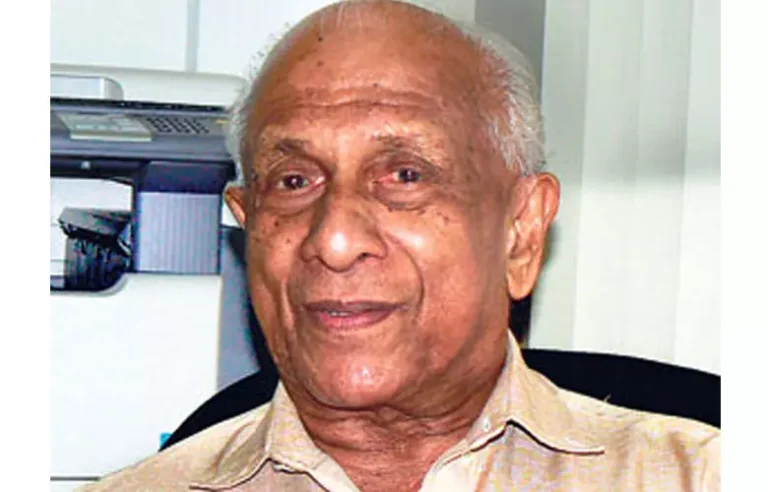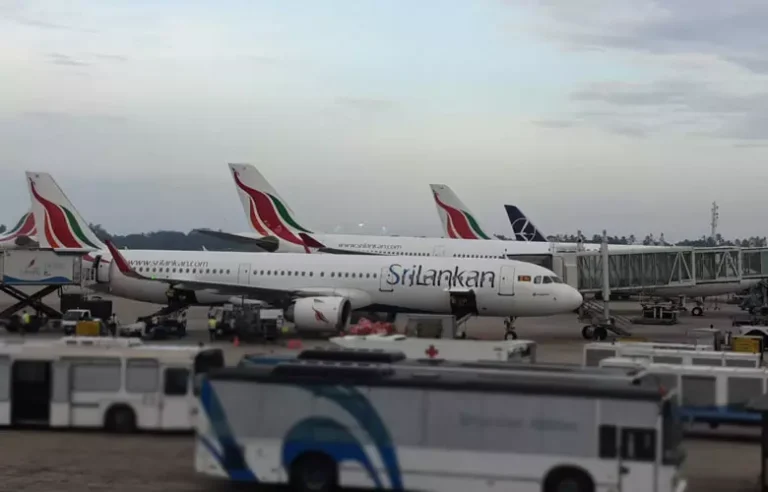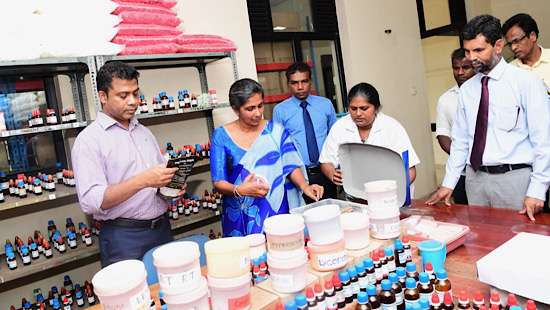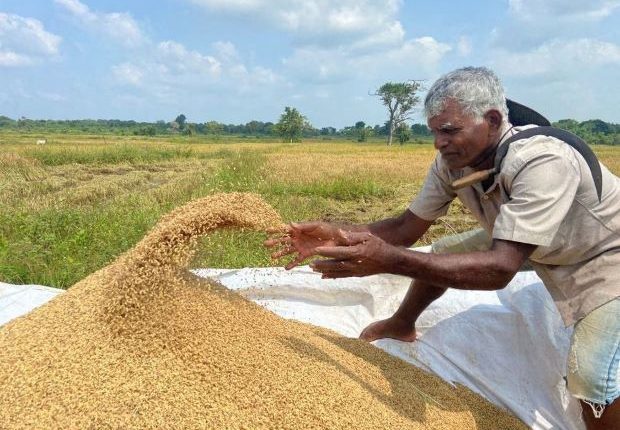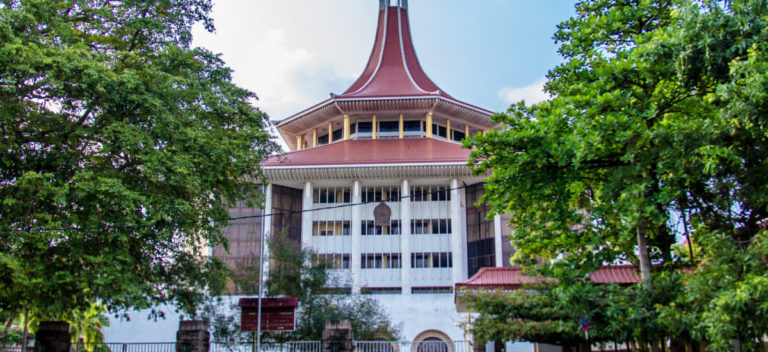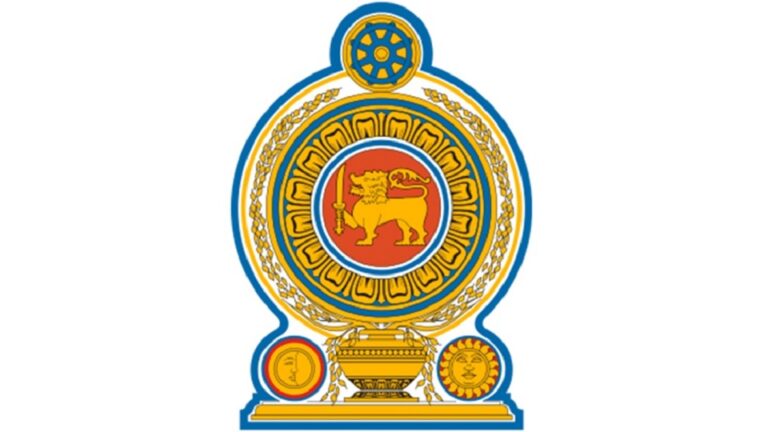January 12, Colombo (LNW): In a move aimed at regulating the import of vehicles, the Sri Lankan government has issued a special gazette notification outlining the new excise duties on vehicles imported from February onwards.
The gazette, issued by the Minister of Finance, who also holds the office of the President, introduces significant tax hikes, with excise duties set between 200 per cent and 300 per cent.
The new tax structure, which will vary depending on factors such as engine cylinder capacity and motor power measured in kilowatts, is expected to substantially increase the cost of vehicles.
According to the notification, the taxes will be applied progressively, impacting a wide range of vehicle categories.
Indika Sampath Merenchige, President of the Vehicle Importers Association of Lanka, has predicted that vehicle prices could rise by approximately 20 per cent as a result of these new taxes.
However, he cautioned that the final price could be even higher once additional taxes, including VAT, are taken into account.
This move by the government has sparked concern within the automotive industry, as it could have a significant effect on both importers and consumers.
The increased costs have been interpreted to be placing added financial pressure on individuals looking to purchase new vehicles, and leading to a shift in demand towards lower-cost alternatives or second-hand options.
Read Full Gazette: https://lankanewsweb.net/wp-content/uploads/2025/01/G.N-2418-43-10.01.2025-EX.SPL_.PRO-1.pdf


